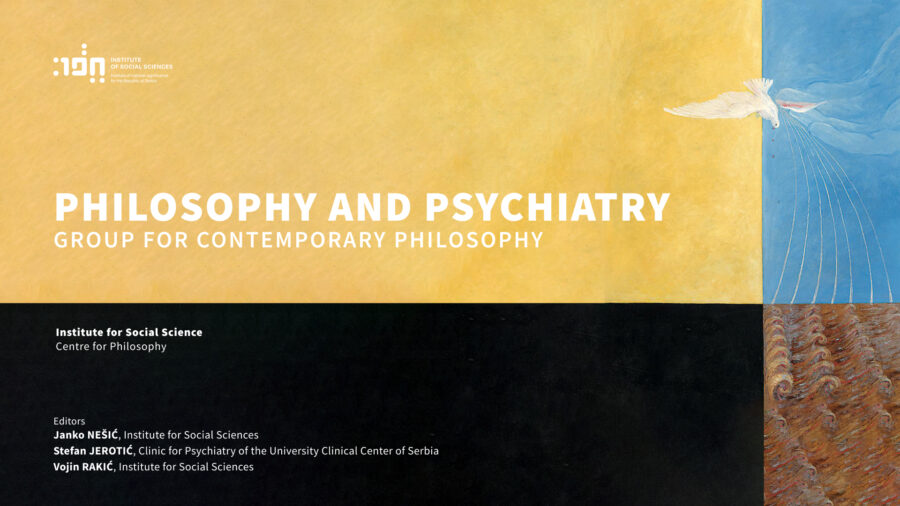In the lecture held on April 18, dr Jacob Stegenga, Professor in the Department of History and Philosophy of Science at the University of Cambridge discussed whether inferences from patients’ first-person experiences about the effectiveness of their prescribed psychiatric drugs are reliable. He asked the audience to consider this scenario: a physician prescribes a medication to a patient, and over the ensuing weeks or months, the patient’s symptoms change, potentially improving. Both the patient and the physician might conclude, “the drug worked.”
However, are such conclusions trustworthy? The evidence-based medicine movement argues they are not. According to this perspective, first-person anecdotes and clinical expertise are unreliable when assessing the overall effectiveness of medications. Despite this, some physicians and philosophers support the validity of personal experience, and people frequently make the “worked-for-me” inference.
His findings indicate that such inferences can be reliable in certain specific clinical scenarios. However, in many common clinical situations, these inferences are not dependable. Specifically, if diseases tend to be moderately responsive to placebos or naturally improve over time, the “worked-for-me” conclusions are unreliable. This issue is particularly significant in the field of psychiatry.
Jacob Stegenga`s lecture is the twentieth in the series of seminars on Philosophy and Psychiatry organized by the Center for Philosophy at the Institute of Social Sciences.

